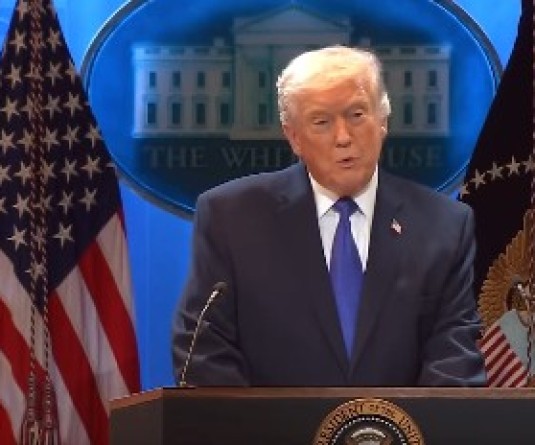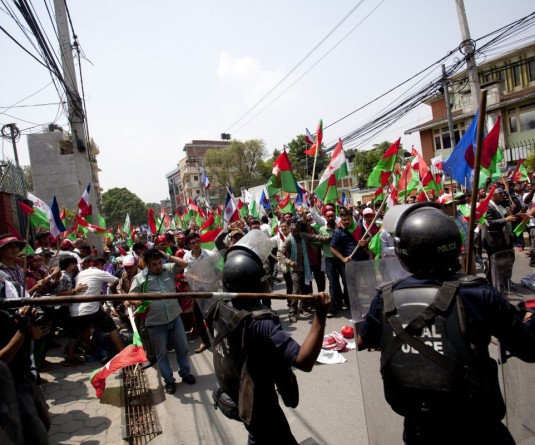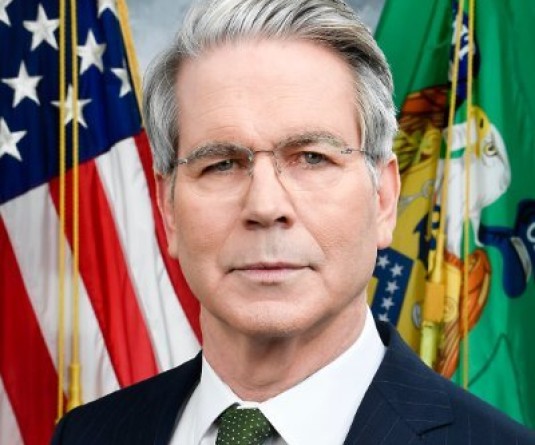British MP Chris Grayling leaves the Houses of Parliament in London, Britain on September 4, 2019. (REUTERS File Photo)
LONDON, July 16 (Reuters): A long-delayed report into Russian influence in British politics will be published in the next week, parliament's intelligence and security committee agreed on Thursday, a day after a dispute over the appointment of its chairman.
The committee, which oversees the work of Britain's intelligence community, has been in focus since the publication of the report into Russian influence was delayed by last year's election, and the appointment of the group was also postponed.
Opposition lawmakers have accused the government of seeking to tighten its control over the committee. But those attempts, which officials deny, seemed to be derailed on Wednesday when Conservative lawmaker Julian Lewis was voted as chairman.
He beat former minister Chris Grayling, who had been tipped as the government's choice, and Lewis was promptly expelled from the Conservative Party, in what some said was another sign that Prime Minister Boris Johnson will not tolerate dissent.
Lewis will keep his parliamentary seat, and the committee chair, as an independent.
"The Committee has unanimously agreed this morning that it will publish the Report on Russia prepared by its predecessor before the house rises for the summer recess," it said in a statement. Parliament will break for the summer on July 22.
The report into Russian influence was commissioned because of concerns that Moscow had interfered in British political life, and it was completed in March last year.
The delay in publishing was criticised by opposition lawmakers, who have questioned the government's motives and suggested that it did not want to release the report's findings.
The government has denied such criticism and the report's findings are not expected to be explosive.
After being expelled from the party, Lewis defended his move to become chairman above Grayling, who as transport minister was dubbed "failing Grailing" by some newspapers after the government was forced to cancel Brexit ferry contracts.
Lewis told the Press Association that he was the only candidate to have experience of the committee and that he felt it was "inappropriate" to be asked via text message to vote "for the prime minister's preferred candidate".
Lisa Nandy, the opposition Labour Party's foreign policy chief, described Lewis' expulsion as a "completely self-defeating act that bears the hallmark of a government so arrogant it really believes it is above scrutiny".





